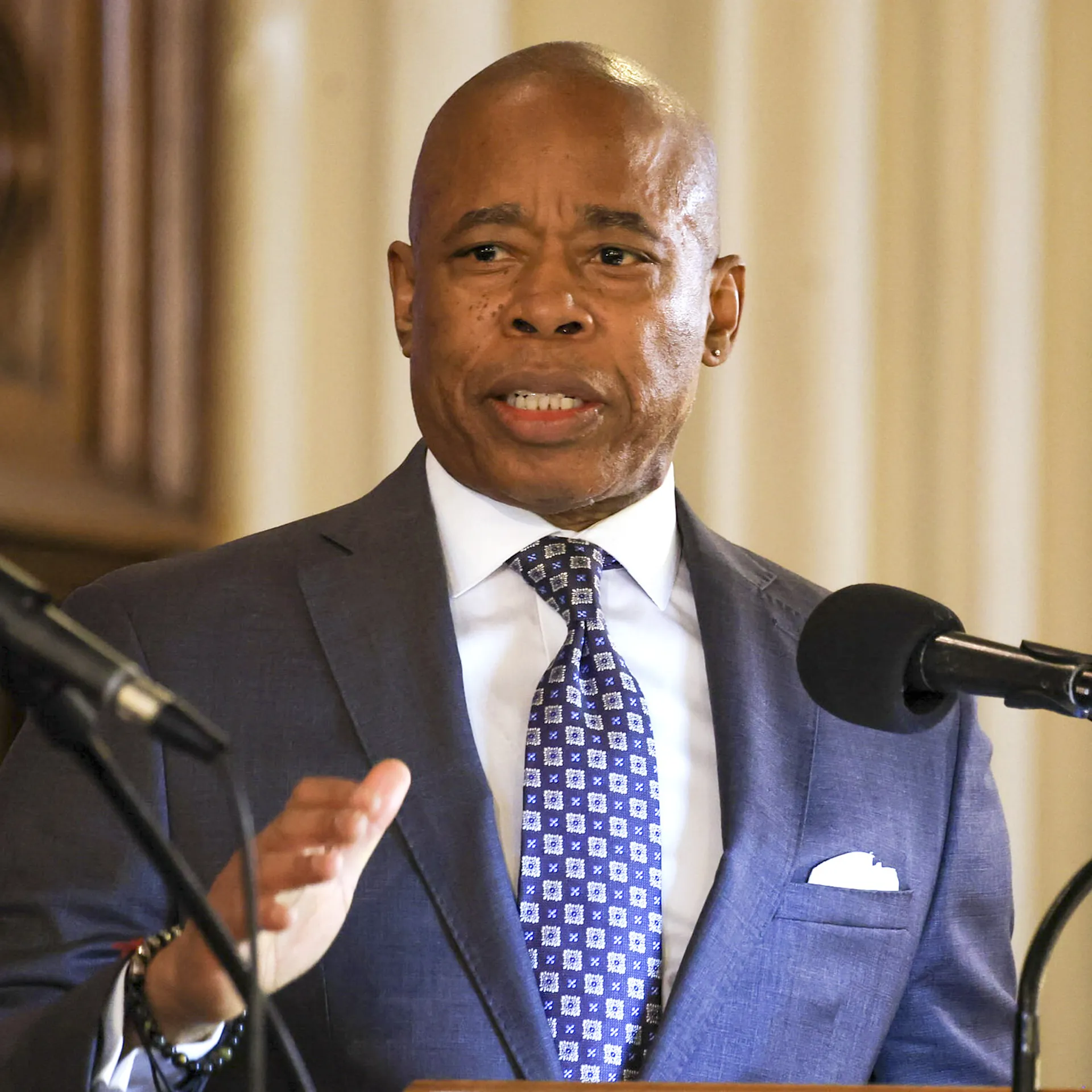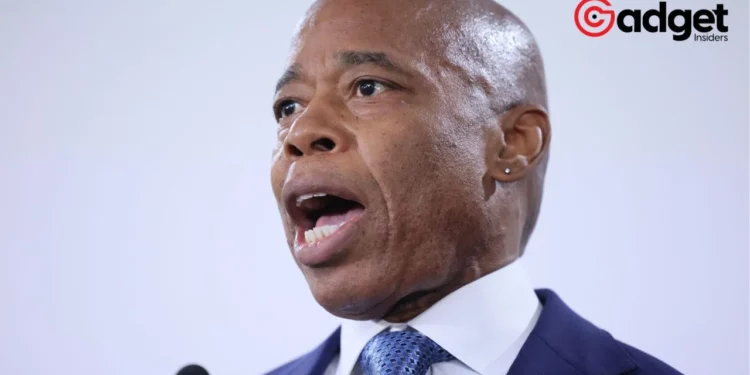In an unprecedented move, New York City has launched a legal battle against some of the most prominent tech giants – TikTok, Instagram (owned by Meta), Snap, and Google. This action represents a significant escalation in the scrutiny of how social media impacts the youngest members of our society.
Spearheaded by NYC’s Department of Health and Mental Hygiene along with the Department of Education, the lawsuit alleges these companies are directly contributing to a “nationwide youth mental health crisis” by addicting kids to their platforms.
The Allegations: A Deep Dive
The crux of the city’s argument lies in the claim that these platforms, through their design elements like recommendation algorithms and likes, are intentionally addicting children. This addiction, according to the lawsuit, manipulates children into spending excessive time online on TikTok, Instagram Snap, and Google, thereby fueling mental health issues among the youth.
The lawsuit is not an isolated incident; it joins a chorus of similar litigation from various state and local governments. Each case points a finger at the allegedly deceptive and harmful addictive features of these social media platforms.

The Legal Landscape: An Uphill Battle for TikTok and Others
These cases represent a new frontier in legal challenges against tech companies like TikTok and Instagram. A notable development came from a federal judge in California last year, who indicated that claims focusing on the “defects” of the platforms, as opposed to their speech, could proceed. This distinction might be crucial in overcoming the legal liability shield provided to tech companies under Section 230. However, the core arguments of these lawsuits remain untested in court.
Lawsuit Against TikTok, Instagram: A United Front in Internet Policy
What’s particularly striking about this development is the bipartisan support for protecting children from online harms promoted on social media apps like TikTok, Instagram, Snap, and Google, a rare sight in today’s polarized political climate. This issue has consistently gained traction across various levels of government. NYC Mayor Eric Adams has been vocal about his concerns regarding social media, categorizing it as a public health hazard.

“Just as the surgeon general did with tobacco and guns, we are treating social media like other public health hazards and ensuring that tech companies take responsibility for their products,” the mayor said at the time, according to his prepared remarks.
His administration’s recent initiatives, including a “social media action plan,” aim to hold these tech companies accountable and promote safer online experiences for children.
New York City is suing TikTok and Instagram for ‘addicting’ children https://t.co/N5TecAU74p
— The Verge (@verge) February 15, 2024
The Defense: Tech Companies Respond
In response to the lawsuit, the tech companies named have defended their practices. Meta spokesperson Andy Stone emphasized the existence of over 30 tools and features designed to provide safe and age-appropriate experiences online.
“We want teens to have safe, age-appropriate experiences online, and we have over 30 tools and features to support them and their parents,” Meta spokesperson Andy Stone said in a statement, pointing to features like parental supervision tools and notifications suggesting social media breaks.
Snap highlighted the unique design of Snapchat, focusing on communication between close friends rather than traditional social media interactions.
TikTok pointed to its industry-leading safeguards, including age-restricted features and parental controls. Google’s spokesperson, José Castañeda, outright denied the allegations, underscoring their efforts to create age-appropriate experiences and provide robust parental controls.

A Pivotal Moment for Digital Well-being
This lawsuit marks a pivotal moment in the ongoing debate over the role of social media in our lives, particularly for our children. As the legal battle unfolds, it will undoubtedly shed light on the complexities of digital well-being and the responsibilities of tech giants in shaping a safer online environment for the younger generation.
This case could set a precedent for how we understand and regulate the impact of social media on mental health, opening a new chapter in the intersection of technology, law, and public health.










